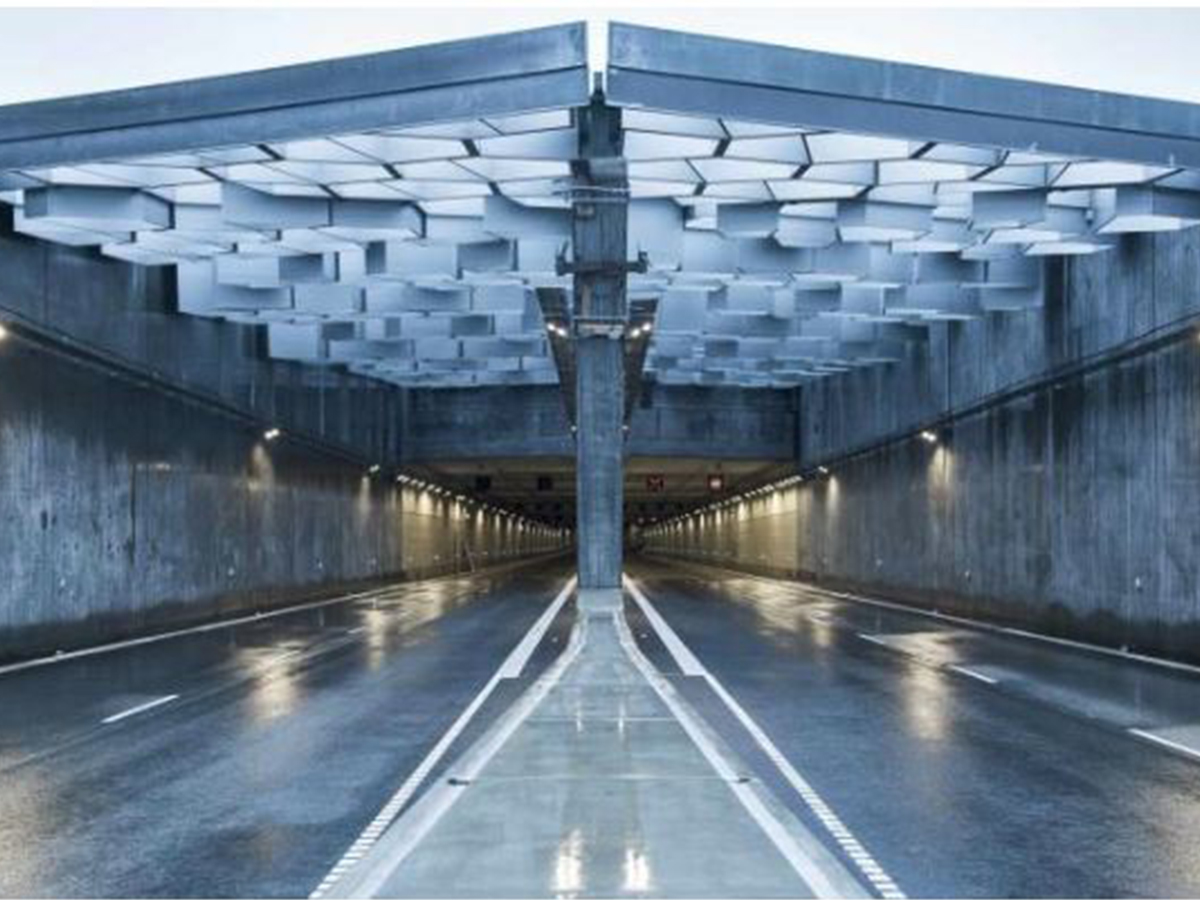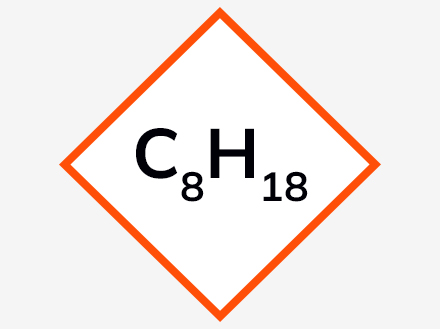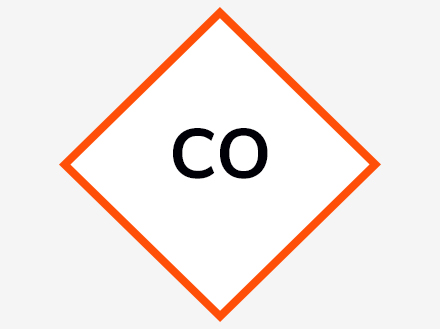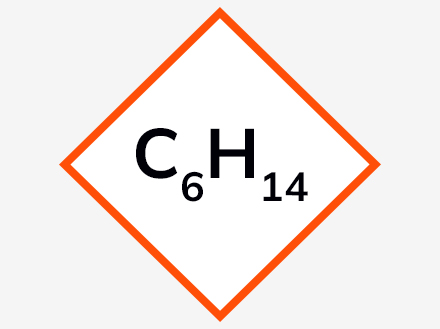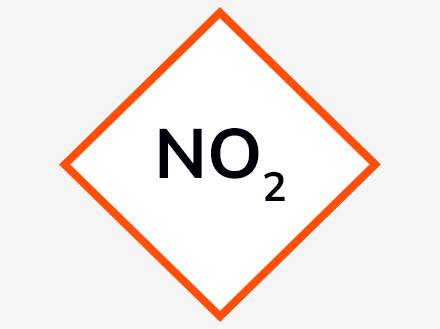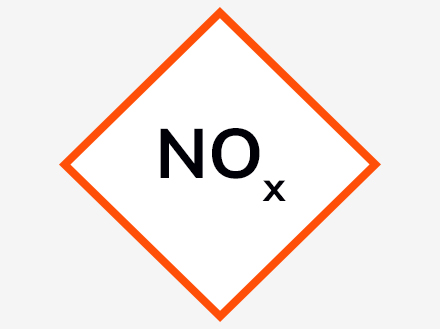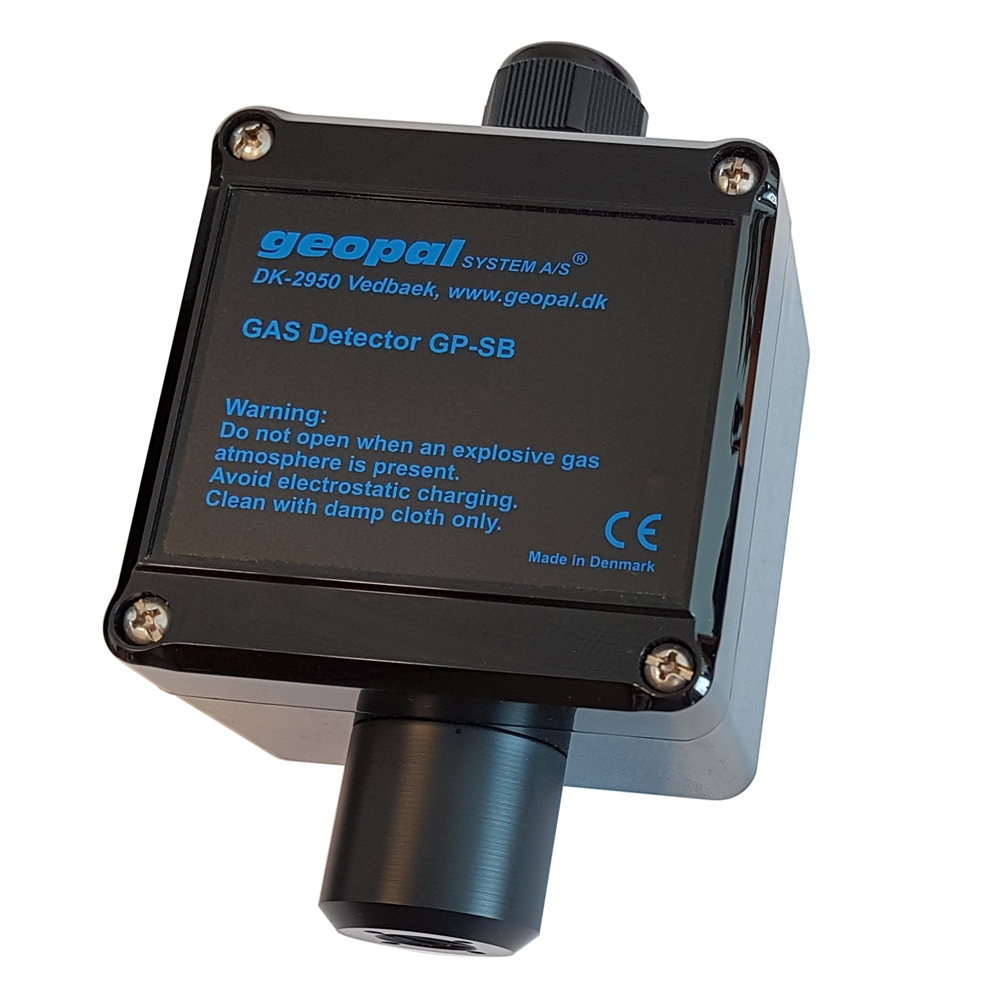Safety first: Effective gas detection in tunnels
Tunnels pose unique safety challenges due to their enclosed spaces and limited ventilation systems, which can lead to the accumulation of gases that threaten both human health and structural integrity. Gases such as carbon monoxide (CO), hexane and nitrogen oxides (NOx) pose particular risks in tunnels due to their toxicity and potential explosive nature. Therefore, effective gas detection in tunnels is crucial for protecting workers and users of the tunnel infrastructure.
Geopal is a leading provider of precise and reliable gas detection technology, designed to meet the specific challenges of tunnels. Our gas detectors, such as the Geopal GP-SB and GP-BUS, are ideal solutions for accurately detecting a wide range of hazardous gases, including carbon monoxide (CO), hexane, and nitrogen oxides (NOx). These advanced systems are designed to perform reliably even in the most challenging environments.
For optimal safety, our gas detection systems should always be integrated with the tunnel’s ventilation system. This ensures that harmful vapors are detected promptly and that ventilation is activated when gas concentrations reach unacceptable levels. Carbon monoxide and NOx detectors are strategically placed at breathing height above the floor, while hydrocarbon detectors are positioned close to the ground, approximately 150 mm above floor level.
Hazardous gases in tunnels
Carbon Monoxide (CO): This dangerous gas is produced by the incomplete combustion of fuels such as gasoline, diesel, or natural gas. In tunnels, vehicles can be a source of CO emissions, especially during peak traffic times. High concentrations of CO can cause severe poisoning or even death in a short time. Our gas detectors are capable of detecting even the smallest CO levels and alerting personnel to potential dangers.
Hexane: This hazardous organic compound is often found in fuels and can be released during fuel spills in tunnels. Hexane is flammable and can cause serious health issues if inhaled. Our gas detectors reliably detect hexane and help prevent dangerous situations.
Nitrogen Oxides (NOx): These gases are produced by combustion at high temperatures, such as those found in vehicle engines. NOx gases can cause severe respiratory diseases and contribute to air pollution and smog formation. Our advanced gas detectors can detect NOx levels and alert personnel to potential health risks for tunnel users and workers.
With Geopal’s gas detectors, including the GP-SB and GP-BUS, tunnel operators and maintenance personnel can rely on having the necessary safety net to prevent hazardous situations and protect both people and infrastructure. We are dedicated to providing reliable and effective gas detection solutions that contribute to a safer and more secure infrastructure.
Want to know more about how Geopal can help your company with gas detectors for tunnels? Contact us here.


